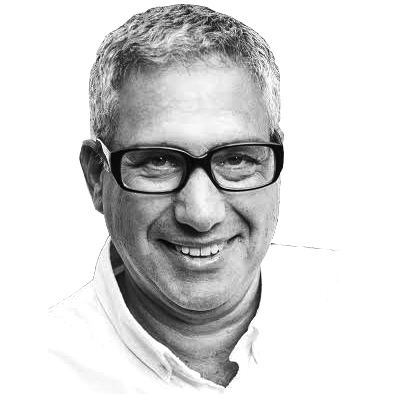The other week, just as the press and social media were blowing up on the topic of city people hoarding on Long Island’s East End, along with a more general toilet-paper panic across the country, I ran out of paper towels. I went to my small local market and found, to my chagrin, that they only had Costco-size 10-packs, far more than I’d ever buy, even in these strange times.
The more problematic issue was that I had to ride with them home on my bike. Feeling like I was wearing a billboard-size kick me, i’m a city hoarder sign, I put down my head, lowered my cap, and raced from the parking lot to back roads to avoid running into anyone on our tiny main street.


